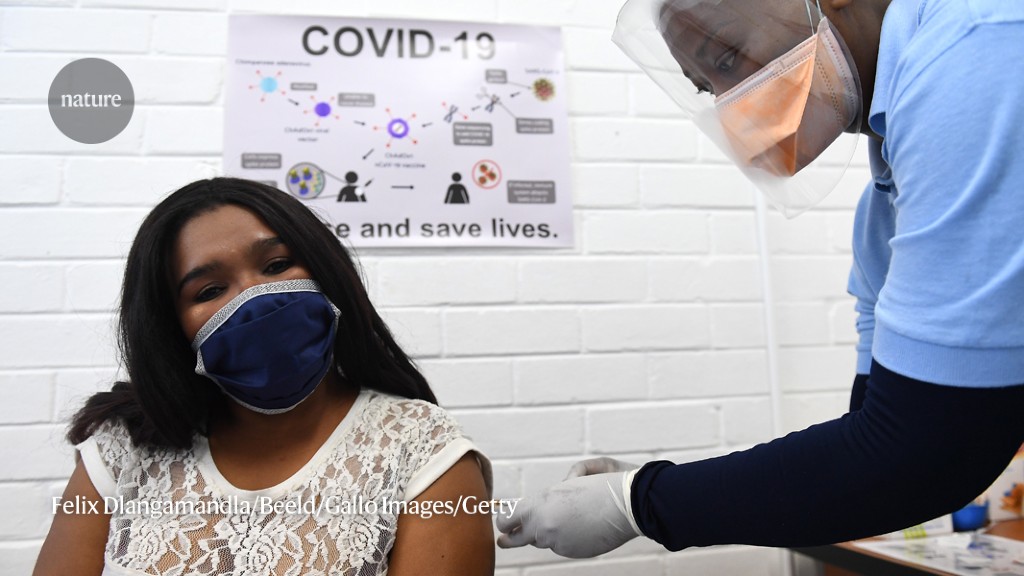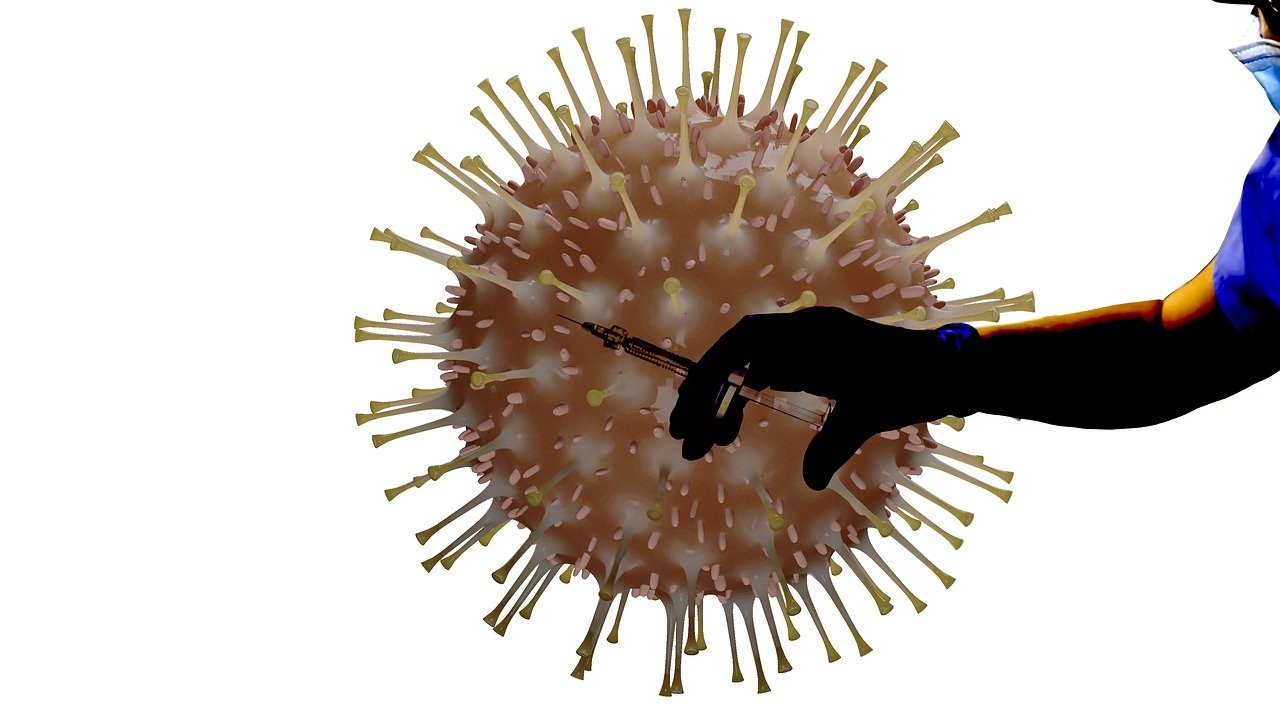This article published by Nature last November 23, 2020 raises concerns about the results of the clinical trials of the vaccine jointly developed by the University of Oxford and pharmaceutical AstraZeneca. Overall efficacy of the vaccine is reported at 70% effective, but scientists are seeing that there is a striking difference in the efficacy of the vaccine depending on the dose received by the participant.
Participants who received a lower amount of vaccine in the first dose and full amount in the second dose were 90% less likely to develop COVID-19 compared to participants who received the placebo. Meanwhile, participants who received the vaccine at full amount for both first and second doses were 62% less likely to develop COVID-19 compared to the control group.
Researchers are still baffled by the results and have made it top priority to understand why the vaccine performed better with a lower first dose.
Editor’s Note: This article from Nature highlights the reality that trials for the vaccine is not yet complete. Mainstream media wants us to believe that COVID vaccines are safe and that they are effective. The Nature article shows us that there is so much about the vaccine that developers do not know yet. The concern about the Oxford-AstraZeneca vaccine as highlighted by the article below is just one of those.
Experts are already raising the alarm on the short-term impact while long-term impacts is still unknown, while media wants us to think that newly developed technologies will ensure that these vaccines will be safe [see Experts: Vaccines will cause side effects]. What is not being said publicly is that vaccination against COVID-19 is a great big experiment. Like the lockdown experiment, mass vaccination will lead to a new kind of suffering, manifested in different ways, for many people.

Why Oxford’s positive COVID vaccine results are puzzling scientists
Preliminary data suggest that the immunization was more effective in trial participants who received a lower dose.
https://www.nature.com/articles/d41586-020-03326-w
Read Offline
Click the button below if you wish to read the article offline.
